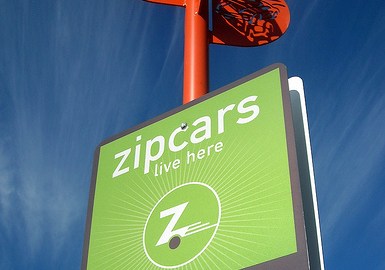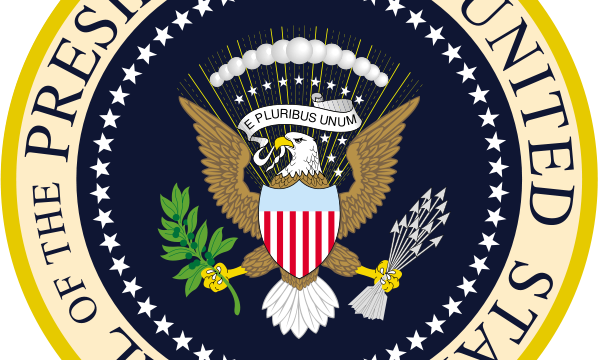What You Can Learn from Zipcar’s Magnetism

What’s the Latest Development?
Zipcar now has 605,000 members in 50 cities and revenues of $131 million. But it didn’t always have such appeal. In 1999, its first year, just 75 people signed up and by 2003 it had a mere 6,000 members in three cities. Founder Robin Chase was ousted by the board for Scott Griffith, who listened to a litany of theories about how to jump-start growth–most involved advertising or merchandising schemes–but he keyed on the business design.
What’s the Big Idea?
“If the nearest Zipcar were more than two blocks away,” one member told him, “I would get annoyed having to walk there in the middle of the night.” Griffith decided to concentrate Zipcar’s efforts in a few carefully selected locations populated by young, tech-savvy, environmentally conscious clientele. The hyper-local strategy enabled instant density, which itself allows customer proximity and convenience.




